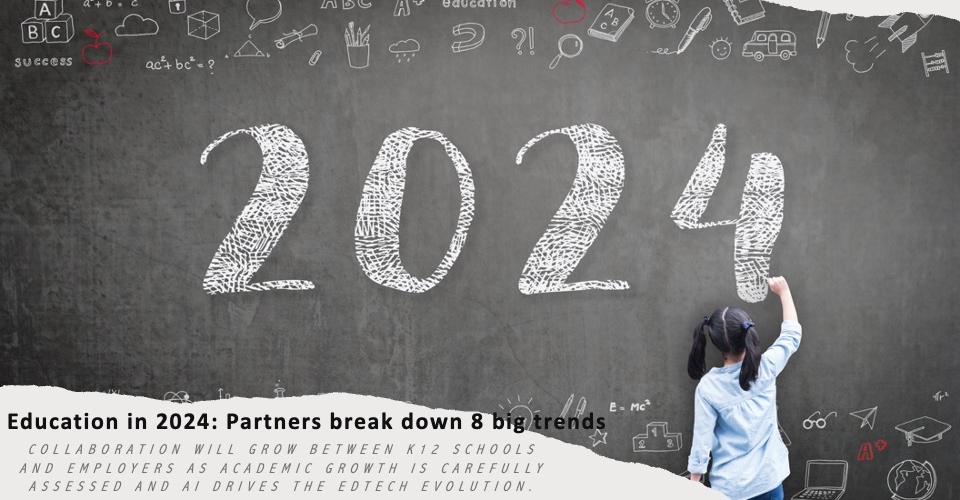Teacher confidence hit rock bottom in 2022 but now appears to be bouncing back even as ongoing political divisiveness is driving some educators to consider leaving the profession.
The Educator Confidence Index as measured by publisher HMH sank to a historic low, from nearly 50% on the eve of the pandemic to 40% in 2022. That rebounded to 42% last year, according to the company’s annual Educator Confidence Report, which measures teachers’ perceptions of salaries, workload and well-being, and funding for classroom resources, among other factors.
About three-quarters of the teachers surveyed told HMH they had no plans to leave the profession, though some had not ruled it out. They also said seeing students grow and succeed was the biggest motivating factor in their jobs (aside from salaries.)
Teacher confidence sapped by politics
Meanwhile, a closer look at a series of recent surveys conducted by state education departments and unions shows that teachers and the districts that employ them continued to grapple with some considerable headwinds.
In Colorado, more than eight in 10 teachers said the intrusion of politics had dampened their morale while a third admitted that today’s political climate had driven them to alter their curriculum. “Due to the politicization of our schools, our educators have felt the need to censor themselves, which robs our students of the quality education that they deserve,” says the survey released last month by the Colorado Education Association. “We need to restore educator autonomy so that our educators are empowered to provide the best education possible for our students.”
Among the union’s goals for 2024 is to help pass legislation that will prevent book bans in Colorado schools and ensure students’ “freedom to read.”
Safety is also a significant concern. About one-third of the teachers reported being physically abused by a student in the past two years while a majority noted a deterioration in the mental health of both students and themselves.
More from DA: How rebranding has this superintendent living in the moment—for now
“Right now, we’re at the brink of a public education crisis,” the association’s president, Amie Baca-Oehlert, said in a statement. “We cannot expect our educators to remain underpaid, disrespected and unprotected and still show up to work day after day to educate our children. We are and will continue to lose quality educators to other states if this remains the case.”
9 in 10 teachers say …
More of Connecticut’s teachers—some 77%—were feeling frustrated and burned out in 2023, with nearly three-quarters telling the Connecticut Education Association they were increasingly likely to retire or leave the profession early. After stress and burnout, more than nine out of 10 Connecticut teachers reported having the following concerns:
- School and classroom decisions made by politicians and non-educators
- Staff shortages
- A rising number of teachers leaving the profession
- Lack of respect for educators
- Declines in student mental health
Almost all of the teachers surveyed by Connecticut’s union listed the following solutions to burnout:
- More competitive salaries
- More planning and prep time
- Less non-teaching duties and paperwork
- More effective policies to address student behavior
- Smaller class sizes
- Appropriate mental health and behavioral support for students
- More teacher autonomy in instructional practices
“Political and personal attacks, toxic disrespect, and threats leveled at educators during school board meetings all contribute to the rapid pace of educators quitting the jobs they love,” the union’s president, Kate Dias, said in a statement.
Lack of applicants
Though not a direct measure of teacher confidence, recent data released by the Nebraska Department of Education show there were more unfilled teaching positions at the beginning of this school year compared to 2022-2023. There were about 140 more vacant positions reported by a smaller number of districts, according to Nebraska Public Media.
The top reasons for vacancies were a lack of applicants or a lack of qualified applicants, the department’s report explains. Special education had the most unfilled positions by far—more than double that of elementary education, the area with the second-higher number of vacancies.









